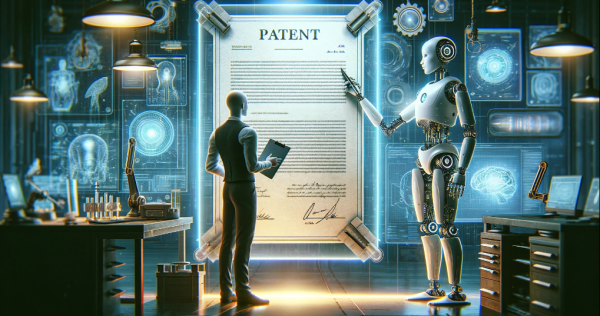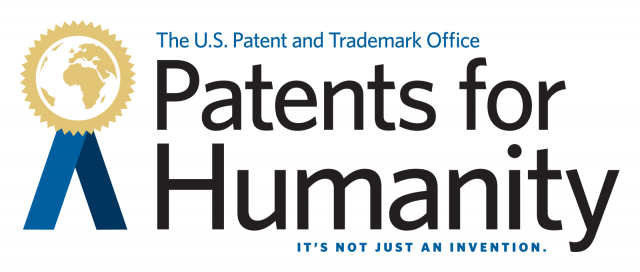In response to a developing problem in intellectual property law, the US Patent and Trademark Office on Monday specified when it will grant patents for inventions made with the assistance of artificial intelligence.
According to the agency’s most recent guidelines, AI-assisted inventions “for which a natural person provided a significant contribution” are eligible for patent protection. It stated that human contributions should be the primary consideration when determining whether an invention is patentable, as patents serve to incentivize and reward human ingenuity.
Director of the Patent and Trademark Office Kathi Vidal stated in a blog post on Monday that Achieving the ideal balance between granting patent protection to encourage human creativity and investment in AI-assisted technologies and preventing innovation from being unnecessarily blocked for future advancements is crucial.
Artificial intelligence (AI) has brought up several new legal issues in IP law. One of which is whether or not ideas made possible by AI systems are eligible for patent protection.

Even though US courts have decided that AI systems are not eligible for patents for concepts that are solely AI-generated. The scenario where a person can awarded a patent for an invention that was aided by AI has not been discussed yet. The US Patent Office has held public hearings and comments on the matter.
According to the agency’s announcement on Monday, an individual who “significantly contributed” to an AI-assisted creation may be eligible to get a patent for it. There is no bright-line test for this kind of conclusion, it noted, and it may be difficult to prove.
According to the revised guidelines, an individual who “only presents a problem to an AI system” may not be eligible for a patent for what the system develops, even though the employment of AI does not inherently prohibit a human inventor from acquiring one.
The report concluded that, However, a major contribution might be demonstrated by the way the user designs the prompt with a particular issue in mind that prompts a certain response from the AI system.

Furthermore, it stated that even if an individual “was not present for or a participant in each activity” that led to the creation of an AI-assisted innovation, they may still be eligible to earn a patent for providing an “essential building block” for that invention.
The agency stated that, in certain cases, the real person or people who create, construct, or educate an AI system with a view to a particular problem to extract a specific answer may be inventors. Additionally, the authorities stated that only humans are eligible to be listed as patent inventors.




